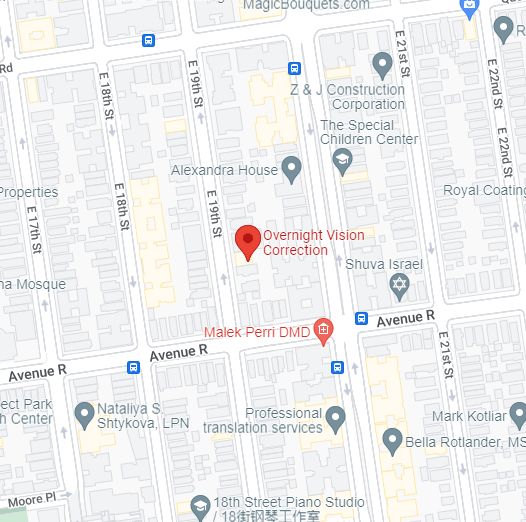Adults Considering LASIK
Ditch the risks and permanence associated with LASIK and try Ortho-K instead.
Why is ortho-K a great alternative to LASIK?
Benefits include:
- Free from surgical risk, the Ortho-K process is convenient, comfortable and reversible
- Fitting and treatment are a fraction of the price of LASIK
- Ortho-K is not permanent
- The natural vision achieved with Ortho-K is invaluable for recreation, sports and leisure
You can Start your journey to perfect vision today!
Common Questions
Why Consider Ortho-K For Adults?
Do you want to be glasses and contacts-free but don’t qualify for laser eye surgery? Or perhaps you’re concerned with surgery-related complications and desire a safer option? Imagine waking up every morning with clear and sharp vision. Thanks to these specialty lenses, you don’t have to wear glasses or contacts during the day, and best of all: it’s surgery-free.
What are the dangers of LASIK?
LASIK surgery has many associated risks such as:
- Dry eyes
- Vision becoming worse or partially corrected
- Severe eye complications such as double vision, problems with night vision, changes in contrast sensitivity, and glare/halos.
Ortho-K safety as compared to LASIK?
Unlike LASIK, Ortho-K has almost no side effects and has been helping people see safely and comfortably since 1994. These FDA approved lenses were originally developed as a corrective method to control myopia progression in children, but are equally effective in correcting adult vision.
Not eligible for LASIK?
Ortho-K is also an excellent option for those who are not eligible for laser surgery, such as people with very thin or irregular corneas, dry eyes, unstable vision, or a high refractive error. People who don’t want the hassle of daytime contacts- such as athletes or workers exposed to gusty winds- should consider Ortho-K as a longterm vision solution.
FDA Approved?
Ortho-K lenses are FDA approved for the treatment of myopia for all ages and have a 20-year history of being worn safely by millions worldwide.
How does the cost compare with LASIK?
Though more expensive than traditional contact lenses, Ortho-K is a cheaper option than corrective laser surgery. These custom lenses provide clear vision throughout the waking hours without changing the integrity or quality of the cornea. Furthermore, with refractive surgeries, one may require follow-up surgery, which brings yet more potential risks and costs.





